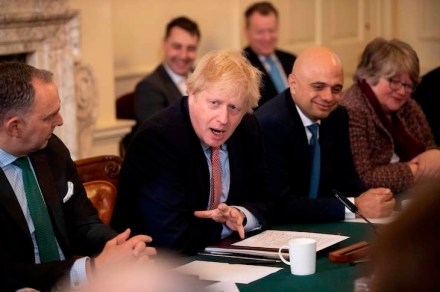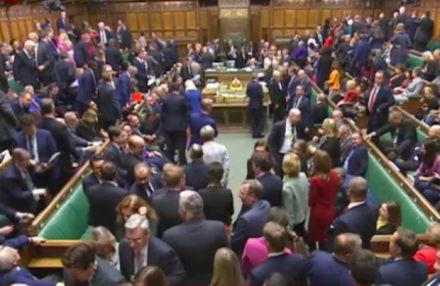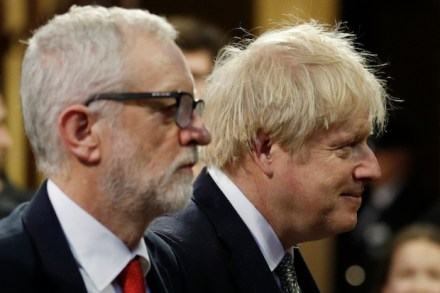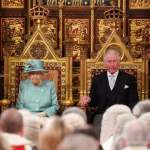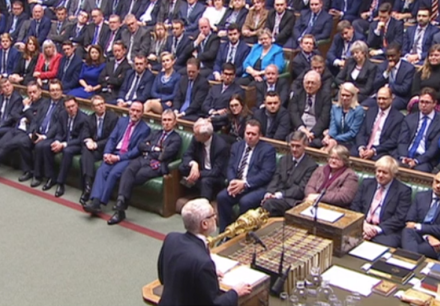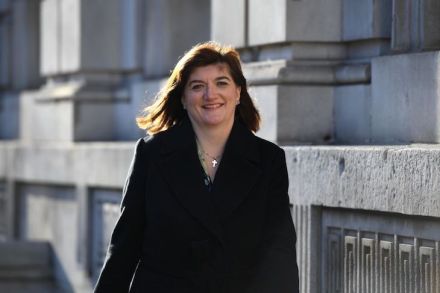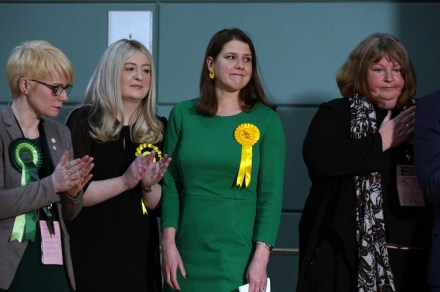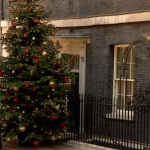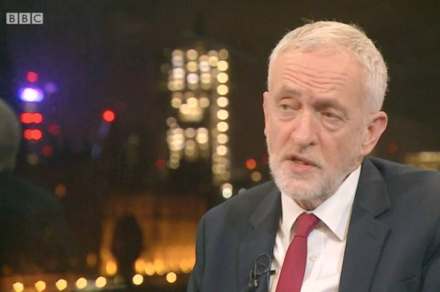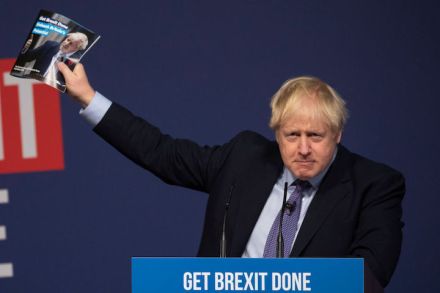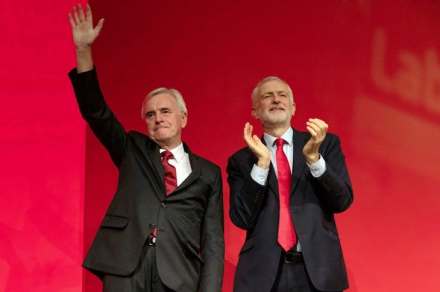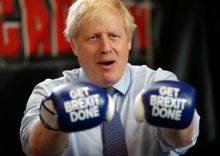How the Tories plan to hold together their new electoral coalition once ‘Brexit is done’ and Corbyn gone
The thumping majority by which both the second reading and the programme motion for the Withdrawal Agreement Bill passed yesterday, confirmed that Boris Johnson will have no problem taking the UK out of the EU on January 31st. This sums up the remarkable position that this government is in. It will have done the main thing that it was put in power to do within less than two months of taking office. The danger for the Tories, as I say in The Sun this morning, is that their new electoral coalition was held together by a desire to ‘Get Brexit Done’ and fear of Jeremy Corbyn, and both of those
